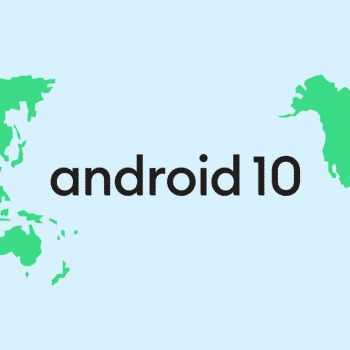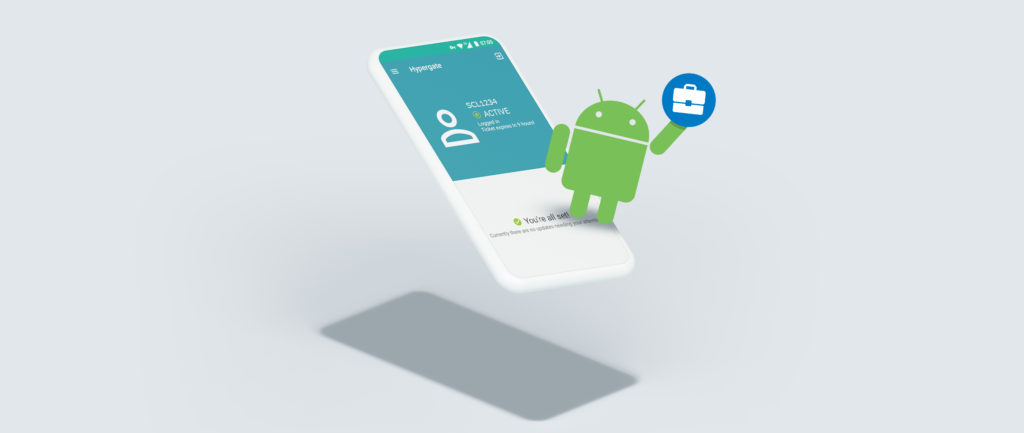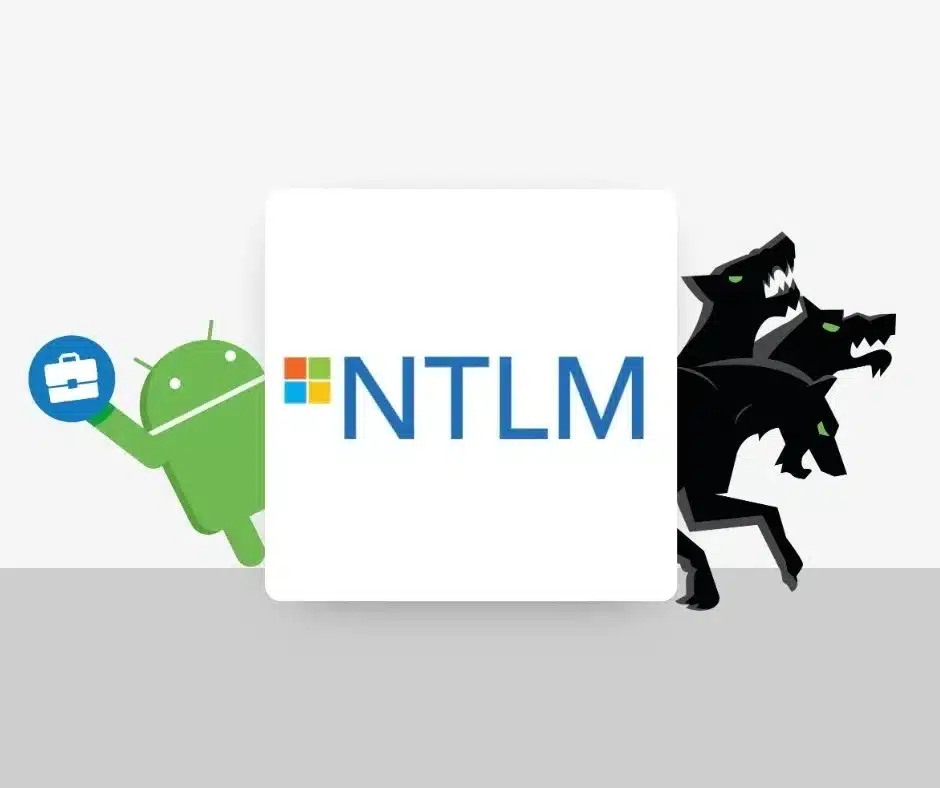It’s great to be able to explain how Android has revolutionized businesses. The Android mobile revolution has begun back in 2008 when the first HTC Dream was launched. Now in the year 2019, Android is taking the market like wildfire and has become the standard operating system that you might also carry around in sour pockets.
However, we always speak about consumers, what about businesses, what kind of technology will they adapt or have adopted in the past years? Emphasizing on the business area, Android Enterprise is being mentioned up a lot lately.
Android Enterprise
Android Enterprise is Google’s solution which enables businesses to have their own mobile strategy. This program allows APIs as well as other tools to integrate Android support for their enterprise mobility management solutions (Also known as EMM). As Android is open source it offers flexibility when deciding on how to apply it to your business.
Google introduced their business oriented environment back in 2014. With the 5.0 Lollipop version of Android as an optional solution for manufacturers to integrate in order to provide a common set of device management APIs.
Since Android 6.0 Marshmallow it became a mandatory component. Back then it could not compete with iOS business solutions – it was simply not covering all the needs businesses had. But in the recent years Android Enterprise has improved a lot and the market is shifting.
You might argue that most companies prefer using iOS as their company devices, however it mostly consists out of management. Recent statistics have shown that 78% of business phones shipping in 2019 will be Android devices. That is nearly 300 Million Android phones just for business use.
So why do companies choose to use Android Enterprise, there are the following benefits
- Flexible device management
- The clear separation of the workspace to the personal use of the devices
- While protecting personal information and respecting employees’ privacy, the company can secure its sensible data through Android Enterprise
- Rapid deployment
- Price
Some of the latest phones being added to the Enterprise Recommended program
- Nokia 3.1, Nokia 7.1, Nokia seven plus
- Motorola One
- LG G7 One
- HTC U11 Life
- Xiaomi Mi A2
And as well special rugged devices for logistic centers
- Zebra TC20, TC 25, TC51, TC56, TC70X, and TC75X
- Honeywell Dolphin CT40, Dolphin CT60, and Dolphin CN80

The Pure Experience
With Android One, Google launched phones bringing the pure Android experience. It uses a largely unmodified core interface and promises better performance thanks to well-optimized software. So no pre installed apps and a longer period of software support with periodical security updates.
When Android One was introduced back in 2014, the scope was to supply developing countries with fully functional smartphones with a certain budget. In 2017 Android Go took up this task and the brand Android One changed its target: To bring users smartphones with an unmodified Android operating system and the latest Google technology. And for most importantly and regular security and OS upgrades.
Nevertheless, the major player with Android One are, apart from Google Pixel phone is the manufacturer HMD global. Also known for its brick phones, the famous brand “Nokia”. Future, promises the Android industry a lot with these kinds of phones, bringing equality of technology to everyone in the world.
The main selling point of Android One is that it offers a clean look and feel. But Android One is mostly for people who have a focus on security due to the timely updates – which is crucial for businesses. You get three years of security updates – which arrive in the month they are released – which keeps you guarded against the latest software vulnerabilities.

The Newest Update
Android recently, has launched a new Beta – update called Android 10. Typically with Android releases, Google first launches a developer preview for its next Android version. Android 10 brings the following enhancement for users:
- new APIs for connectivity
- new media codecs
- camera capabilities
- NNAPI extensions
- Vulkan 1.1 support
- faster app start-up
For the time being Google is testing Android 10 with its own hardware namely the Pixel phone range. In the recent past we have heard a lot about privacy issues regarding Facebook and Google tracking your daily life for marketing or government related practises. At Hypergate we take security serious. That’s why we looked into the Android 10 beta and we are happy to announce that Hypergate, due to its flexible engineering runs with ease on the new OS without any changes.
You may already know that Hypergate provides a fast and secure Kerberos single sign on solution. To be precise Kerberos is a network authentication protocol that works with tickets and allowed nodes communicating over a non-secure network (company networks, highly sceptical to attacks) to prove their identity to one another in a secure manner. The single sign on enables access to different company related software’s through a single ID and password.

The Hypergate system is compatible with all major Enterprise Mobility Management (EMM) solutions, such as MobileIron, AirWatch and XenMobile. The application is customizable and IT admins will just love it. In short, it provides what Android Enterprise is lacking and what iOS was providing since iOS v7: An comfortable SSO configuration for your apps.
Overall it can be argued of which OS performs best, however recent improvements, and statistics clearly show a tendency for businesses to use Android as their solution for daily business practices especially with Hypergate.





